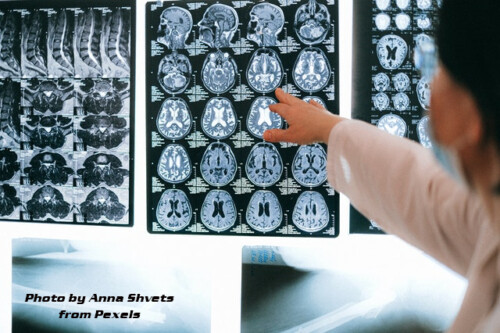The Dynamic Duo: Continuous Learning and Cognitive Flexibility as Pillars of Mental Resilience
Editorial Team
In the intricate tapestry of mental well-being, two fundamental elements emerge as powerful contributors to resilience and vitality: continuous learning and cognitive flexibility. This dynamic duo not only enriches our cognitive capacities but also serves as a robust defense against the challenges of life. This article delves into the intricate details of how continuous learning and cognitive flexibility act as indispensable allies for mental health.
Continuous Learning: Continuous learning is a lifelong process that involves acquiring new knowledge, skills, and experiences. This ongoing pursuit of learning offers several mental health benefits:
- Neuroplasticity and Cognitive Enhancement:
- Engaging in continuous learning stimulates neuroplasticity, the brain’s ability to reorganize and form new neural connections. This process enhances cognitive functions, including memory, attention, and problem-solving skills.
- The regular challenge of acquiring new information strengthens neural pathways, promoting mental agility and adaptability.
- Sense of Accomplishment and Purpose:
- Learning new things fosters a sense of accomplishment and purpose, contributing to positive self-esteem and motivation.
- Setting and achieving learning goals provides a structured framework for personal growth, creating a fulfilling narrative for one’s life.
- Stress Reduction:
- Immersing oneself in learning activities can serve as a powerful stress-reducing mechanism. It redirects focus from stressors, fostering a more positive mindset.
- The intellectual engagement associated with learning acts as a buffer against the negative impact of stress on mental health.
Cognitive Flexibility: Cognitive flexibility is the ability to adapt thinking and shift perspectives in response to changing circumstances. This mental agility is crucial for navigating life’s complexities:
- Adaptability in Problem-Solving:
- Cognitive flexibility enables individuals to approach problems from multiple angles, facilitating more effective and innovative problem-solving.
- The capacity to adapt and adjust cognitive strategies promotes resilience in the face of challenges, reducing the impact of setbacks on mental well-being.
- Emotional Regulation:
- Cognitive flexibility plays a pivotal role in emotional regulation by allowing individuals to reframe negative thoughts and perspectives.
- The ability to see situations from different viewpoints diminishes the intensity of emotional reactions, contributing to emotional resilience.
- Enhanced Social Interactions:
- A flexible cognitive style enhances interpersonal relationships by fostering empathy and understanding.
- The willingness to consider diverse perspectives in social interactions promotes positive communication and reduces interpersonal conflicts, contributing to a supportive social environment.
Continuous learning and cognitive flexibility, acting in tandem, form a formidable alliance for mental health. By nurturing neuroplasticity, fostering adaptability, and promoting emotional resilience, these elements empower individuals to not only withstand the challenges of life but also thrive in the ever-evolving landscape of their mental well-being. Embracing a mindset of perpetual learning and cognitive flexibility is not merely a choice but a potent strategy for building and sustaining mental resilience.

